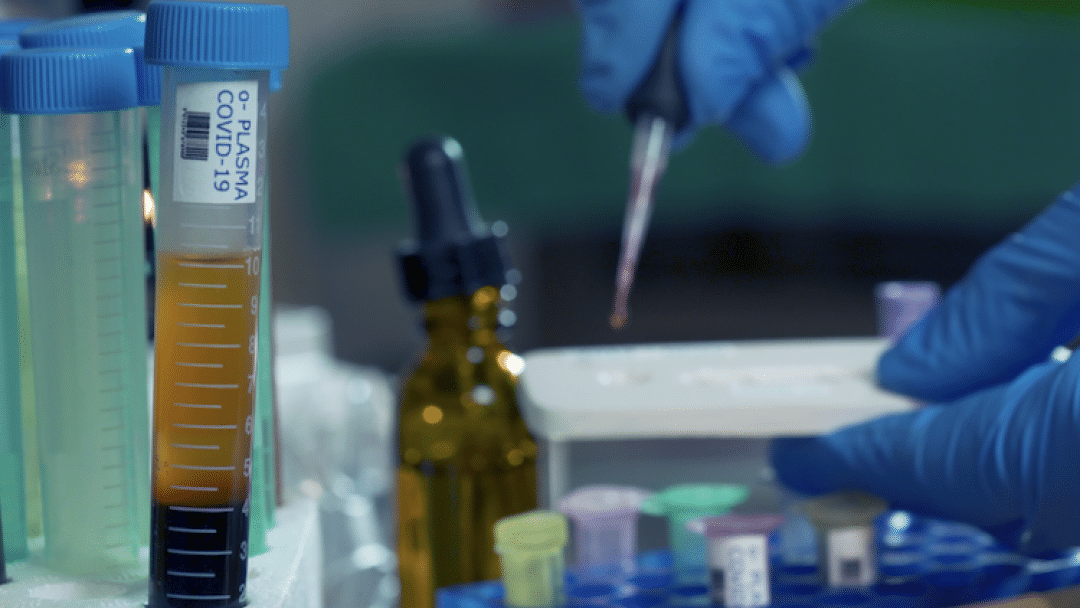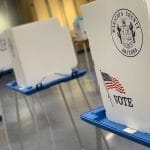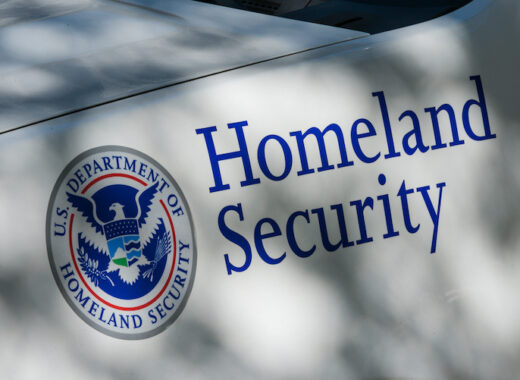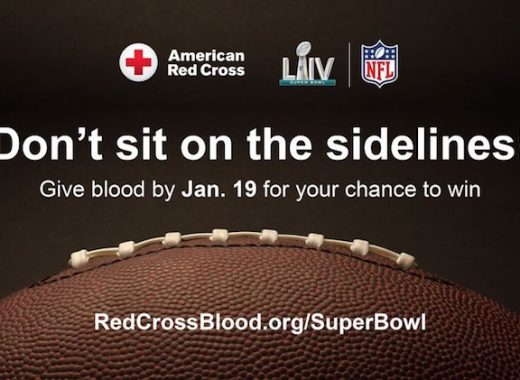It’s unclear how long immunity against COVID-19 lasts after an individual has been infected with the virus, but researchers at the University of Arizona are trying to find answers.
The UArizona colleges of medicine and public health will spend a year studying COVID-19 immunity among essential workers, including those in healthcare and the food service industry.
“One of the largest and most important questions that we’re trying to answer is if you do get COVID-19, how long does that immunity last?” Dr. Jeff Burgess, associate dean for research at the UArizona Mel and Enid Zuckerman College of Public Health said.
“In addition, we want to know if you do get COVID-19 again, is it going to in general be less severe, as severe or more severe than initially,” Burgess said. “We also want to understand what type of workplace protections are working to help protect all the participants in our study.”
Burgess pointed to scientific reports that have found COVID-19 immunity for some people who’ve had the virus may only last three or four months, but he said those reports only looked at a few COVID-19 cases.
“No one has really been able to look at this yet in a larger perspective study like this,” Burgess said.
The study is dubbed Arizona Healthcare, Emergency Response, and Other Essential Workers Surveillance, or AZ HEROES.
The research team is looking to enroll 4,000 essential workers throughout Arizona to participate in the study. They must be working at least 30 hours a week and be in a workplace environment that requires a lot of interaction with either patients, co-workers or the public.
Once they’re enrolled in the study, participants will take a blood test to look for COVID-19 antibodies. Two more blood tests will be done during a one-year time period.
They’ll also be provided weekly COVID-19 nasal swab tests they can do at home for up to nine months. The weekly tests will allow participants to monitor their exposure to COVID-19.
“This provides them the ability to protect their families, their patients, the public and co-workers by knowing whether they have COVID-19 or not on a weekly basis, and then they can make decisions based on that to protect themselves and others,” Burgess said.
The year-long study is funded by a $7.7 million grant from the Centers for Disease Control and Prevention.
Click here for more information.








